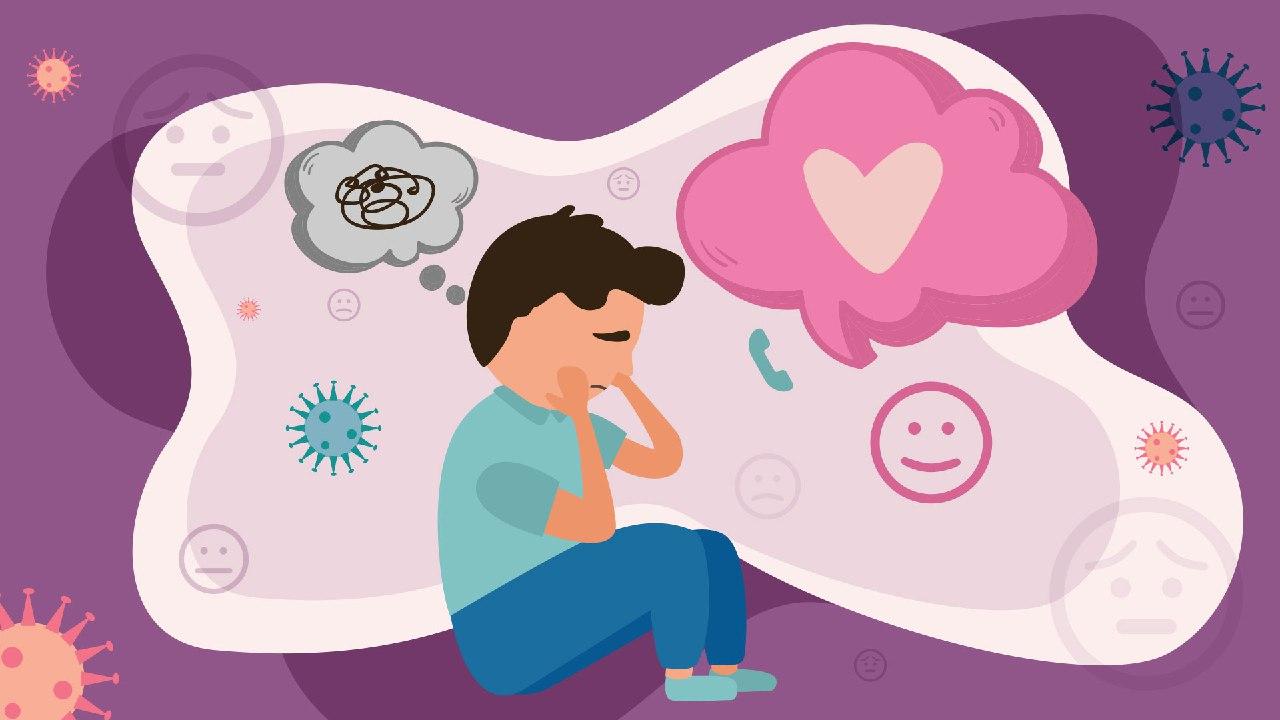How To Deal With Stress During COVID-19 Outbreak
This article is based on a poster created by the World Health Organization (WHO).
It is normal to feel sad, stressed, confused, scared or angry during a crisis, especially this COVID-19 (Coronavirus Disease 2019) outbreak.
1. Talking to people you trust can help. Contact your friends and family.
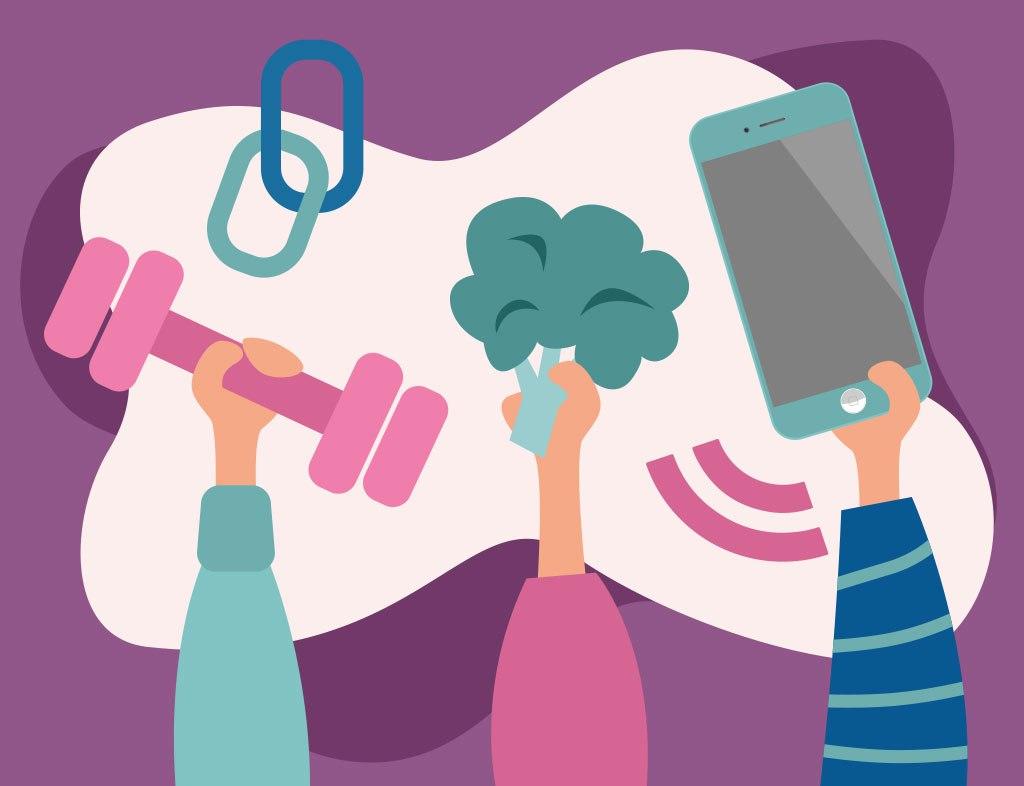
2. If you must stay at home, maintain a healthy lifestyle - including having a proper diet, having enough sleep, exercising and maintaining social contact with loved ones at home and by email and phone with other family members and friends.
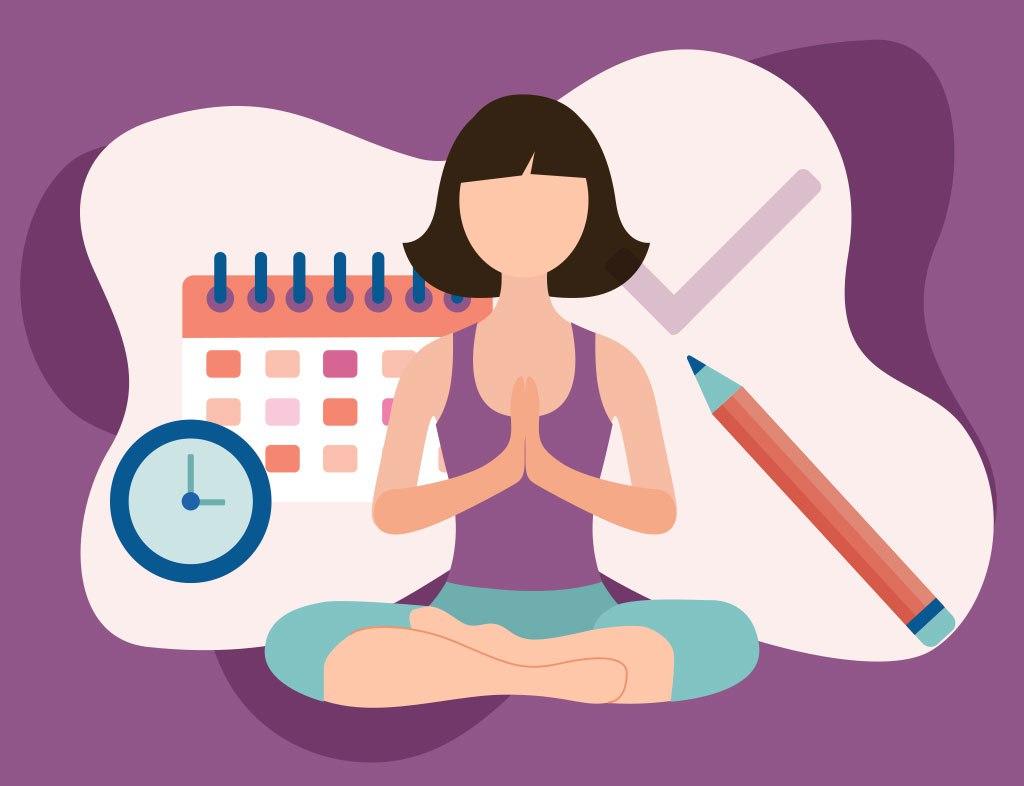
3. Draw on skills you have used in the past that have helped you to manage previous adversities in your life and use those skills to help you manage your emotions during this challenging time of the COVID-19 outbreak.
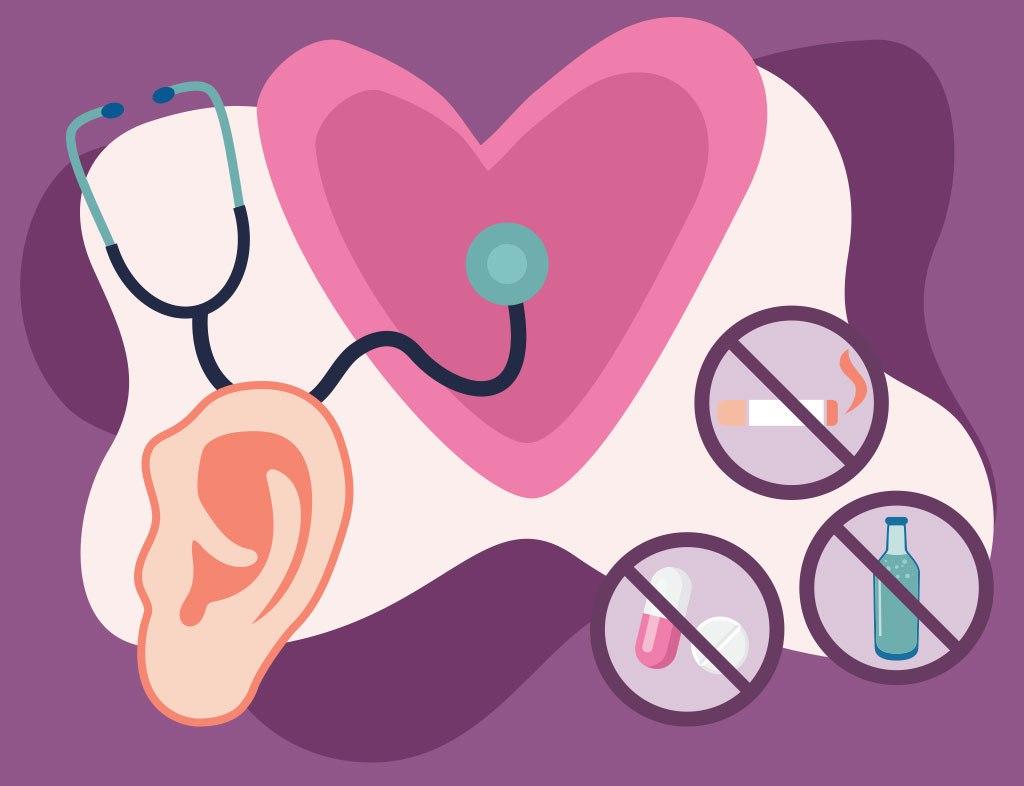
4. Don’t use smoking, alcohol or other drugs to deal with your emotions. If you feel overwhelmed, talk to a health worker or counsellor. Have a plan about where to go to and how to seek help for physical and mental health needs if required.
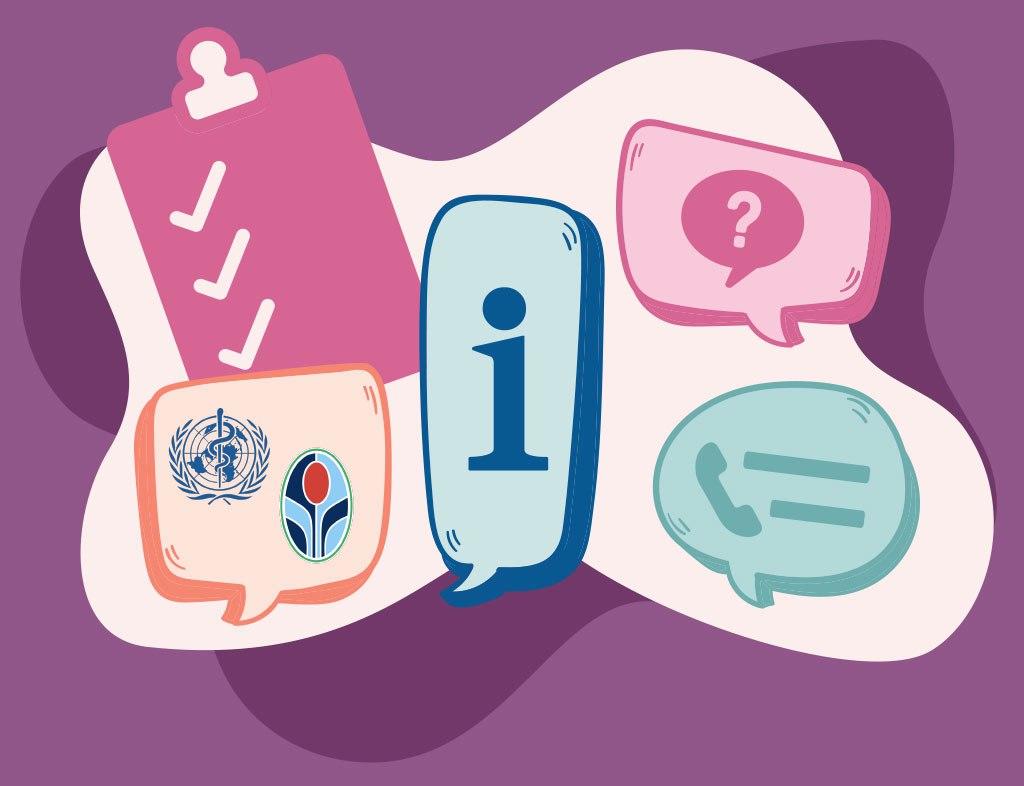
5. Get the facts. Gather information that will help you accurately determine your risk so that you can take reasonable precautions. Find a credible source you can trust such as the WHO website or, a local or state public health agency.
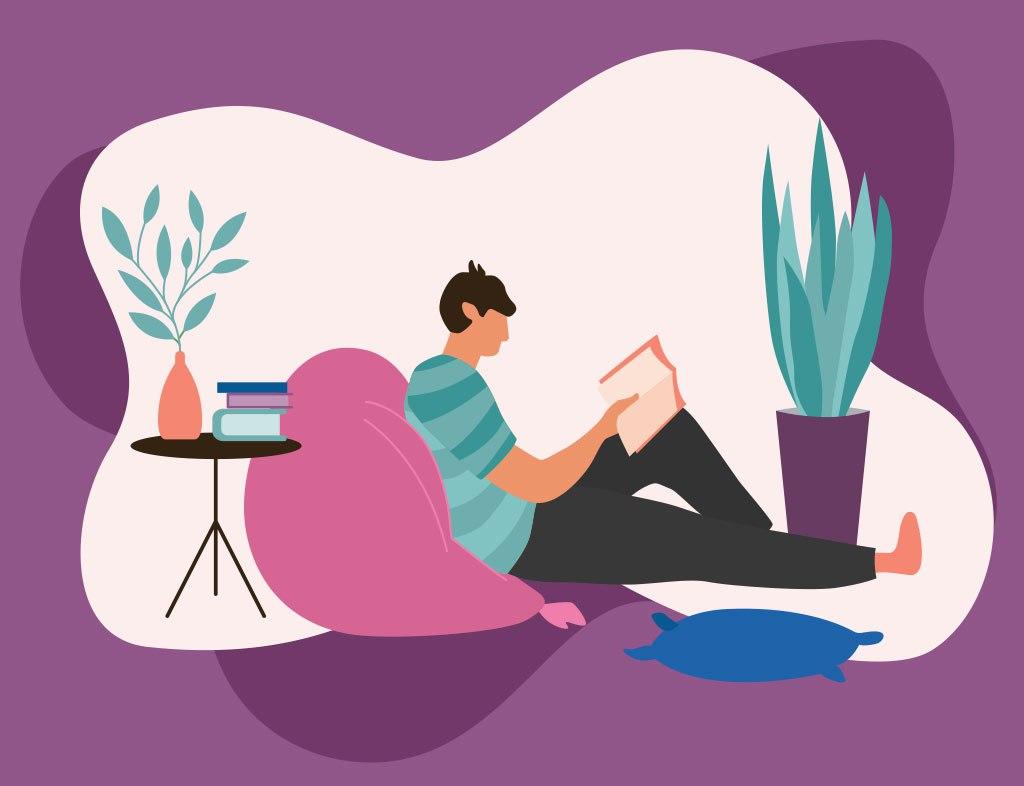
6. Limit worry and agitation by lessening the time you and your family spend watching or listening to media coverage that you perceive as upsetting.
Health Advisory
Travellers and members of the public should adopt the following precautions at all times:
- Avoid contact with live animals including poultry and birds, and consumption of raw and undercooked meats;
- Avoid crowded places and close contact with people who are unwell or showing symptoms of illness;
- Observe good personal hygiene;
- Practise frequent hand washing with soap (e.g. before handling food or eating, after going to toilet, or when hands are dirtied by respiratory secretions after coughing or sneezing);
- Wear a mask if you have respiratory symptoms such as a cough or runny nose;
- Cover your mouth with a tissue paper when coughing or sneezing, and dispose the soiled tissue paper in the rubbish bin immediately; and
- Seek medical attention promptly if you are feeling unwell.
For the latest updates on Wonderwall.sg, be sure to follow us on Facebook and Instagram. If you have a story idea for us, email us at [email protected].







